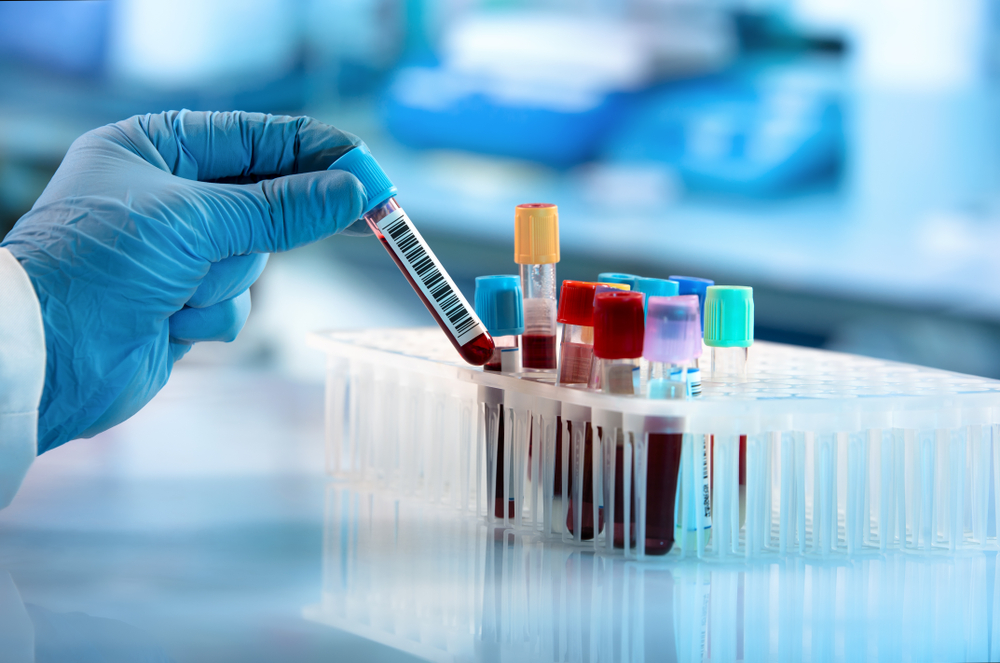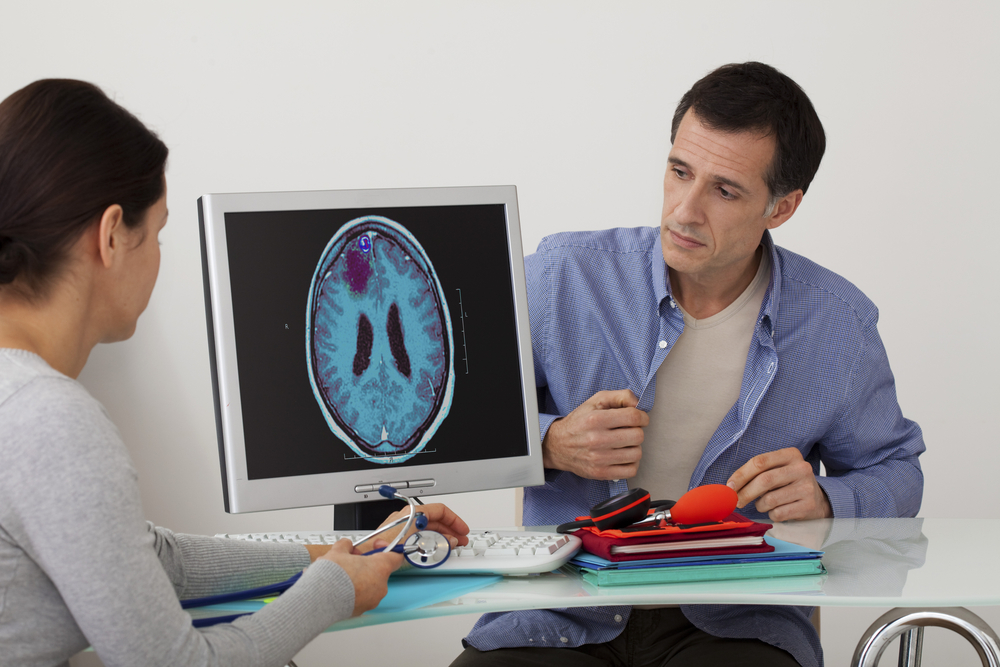Contents:
- Medical Video: How does diabetes cause kidney disease?
- What causes diabetic nephropathy?
- What are the symptoms of diabetic nephropathy?
- How to diagnose diabetic nephropathy?
- How to treat diabetic nephropathy?
- Treatment of end-stage kidney disease
- What are the effects of diabetic nephropathy?
Medical Video: How does diabetes cause kidney disease?
Diabetic nephropathy is a type of progressive kidney disease that occurs in people with diabetes. The University of Washington estimates that around 20-40 percent of people with diabetes will experience diabetic nephropathy at some time in their lives. If not handled properly, this condition can cause severe kidney damage which ultimately increases the risk of death.
What causes diabetic nephropathy?
Each kidney has about 1 million nephrons. Nephrons are the smallest structures that filter out residual impurities from your blood. Diabetes can cause nephrons to thicken and cause scars. As a result, the ability of the nephron to filter out the remaining impurities and release fluid from the body decreases. This can result in leaking a type of protein called albumin in your urine, which causes diabetic nephropathy.
The exact reason why this occurs in people with diabetes is unknown. However, unstable blood sugar levels and high blood pressure have been shown to trigger diabetic nephropathy. Sugar levels or persistent high blood pressure are two things that can damage the kidneys, making the kidneys unable to filter out the remaining dirt and remove water from your body.
Have a history of type 1 diabetes before the age of 20 years and active smokers have a higher risk of developing diabetic nephropathy.
What are the symptoms of diabetic nephropathy?
The initial stage of kidney damage often does not cause clear symptoms. You may not experience any symptoms until your kidney disease progresses to the final stage.
Symptoms of end-stage kidney disease may include:
- Fatigue
- Feeling not feeling well overall
- Loss of appetite
- Headache
- Itchy and dry skin
- Nausea or vomiting
- Swelling of the arms and legs
How to diagnose diabetic nephropathy?
Your doctor will probably do you an annual blood and urine test to check for early signs of kidney damage. Common tests include:
- Microalbuminuria urine test. A microalbuminuria urine test aims to check albumin in your urine. Normal urine does not contain albumin, so the presence of protein in your urine is a sign of kidney damage.
- BUN blood test. The BUN blood examination test checks for the presence of urea nitrogen in your blood. Urea nitrogen is formed when proteins are broken down. Normal levels of high urea nitrogen in your blood may be a sign of kidney failure.
- Serum creatinine blood test. A serum creatinine blood test measures creatinine levels in your blood. The kidneys remove creatinine from your body by sending creatinine to the bladder, where it is released in urine. If your kidney is damaged, they cannot properly remove creatinine from your blood. High creatinine levels in your blood may mean that your kidneys are not functioning properly.
- Kidney biopsy. If your doctor suspects that you have diabetic nephropathy but are not sure, he may have a kidney biopsy. Kidney biopsy is a surgical procedure in which a small sample of one or both kidneys is taken, so that it can be seen under a microscope.
How to treat diabetic nephropathy?
There is no cure for diabetic nephropathy, but proper treatment can delay or stop the progression of the disease. Check your blood sugar and blood pressure regularly, use the right insulin dose, and use medication as directed by your doctor. You can keep your blood sugar levels within the normal range. Your doctor may prescribe ACE inhibitors, angiotensin receptor blockers (ARBs), or other blood pressure drugs to keep your blood pressure levels normal.
If needed, your doctor will also recommend a special diet that is easily processed by your kidneys. This diet is often a diet low in fat, sodium, potassium, phosphorus, and fluids. Your doctor may also suggest a sports plan for you to help keep your blood pressure normal and your kidneys healthy.
Treatment of end-stage kidney disease
If you have end-stage kidney disease, you may need dialysis or kidney transplantation in addition to treatment for the early stages of kidney disease.
Dialysis is a procedure using a special machine to filter out residual impurities from your blood. Many people need dialysis treatment 3 times a week for 4 hours a day. You may need treatment more or less than this schedule. Other treatment options are kidney transplants. To do a transplant, the donor's kidney will be placed in your body. The success of dialysis and kidney transplantation is different from everyone.
What are the effects of diabetic nephropathy?
The development of the disease depends on many factors. In some cases, diabetic nephropathy can cause eye damage and heart disease. In cases where the disease has developed into end-stage kidney disease, it can cause death.
However, following a treatment plan and making recommended lifestyle changes can slow the progression of the disease and keep your kidneys healthy for longer.












